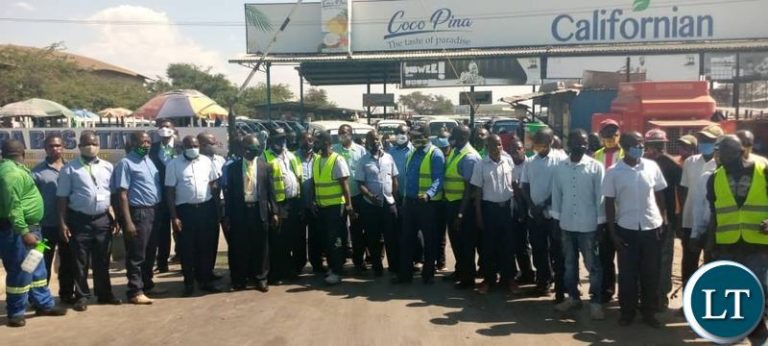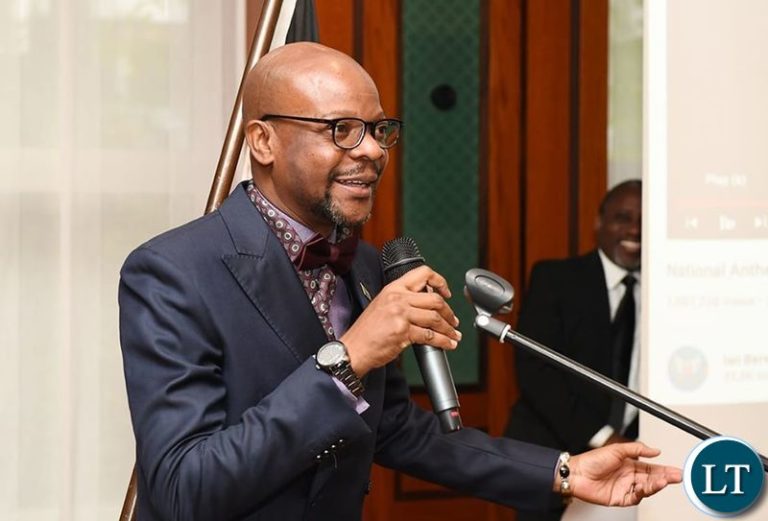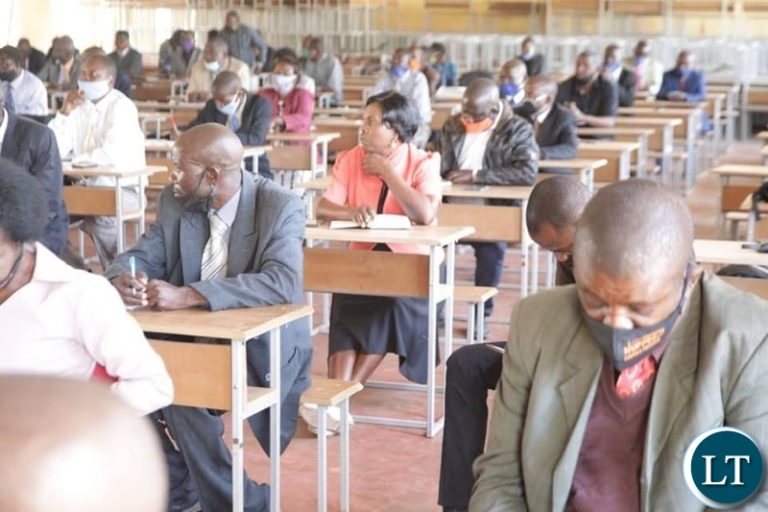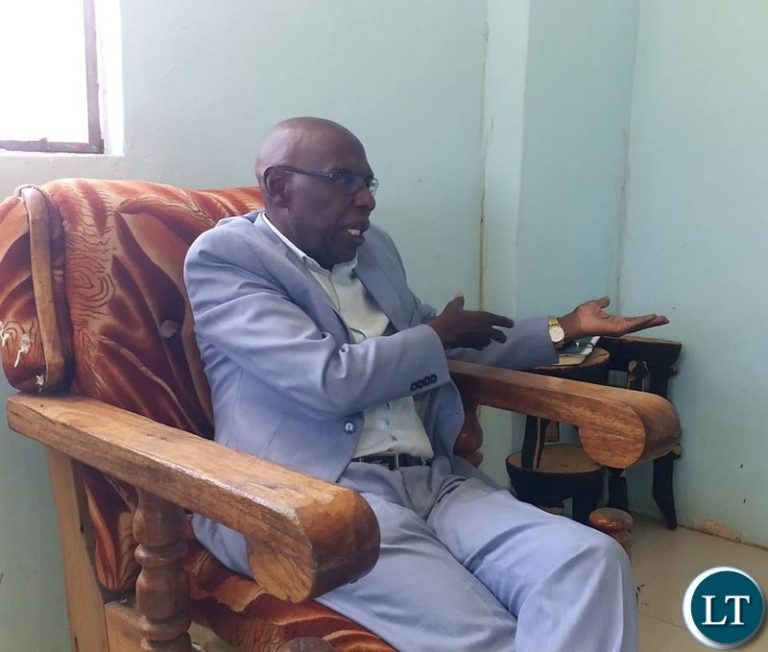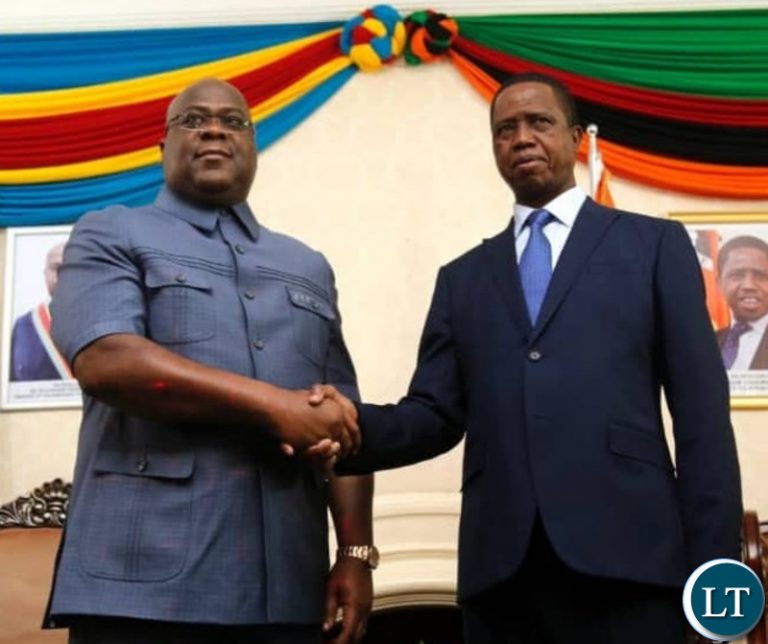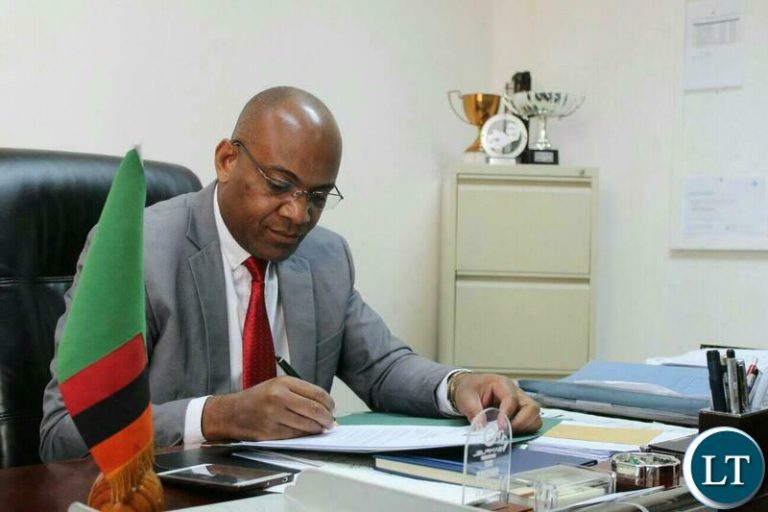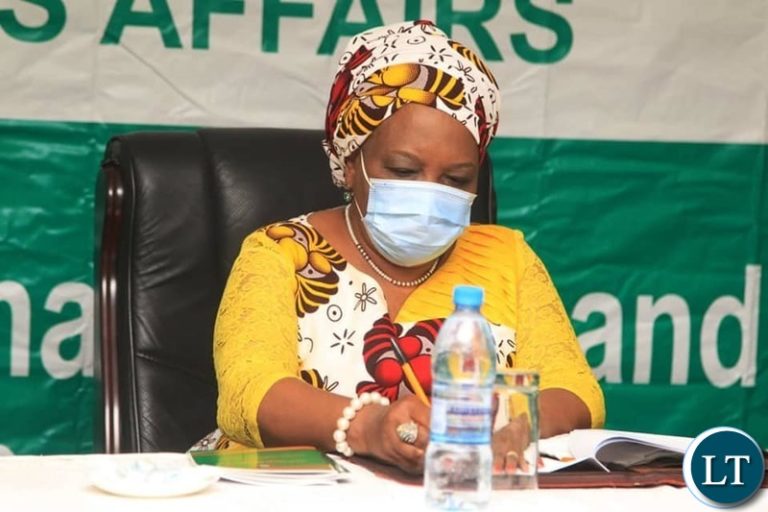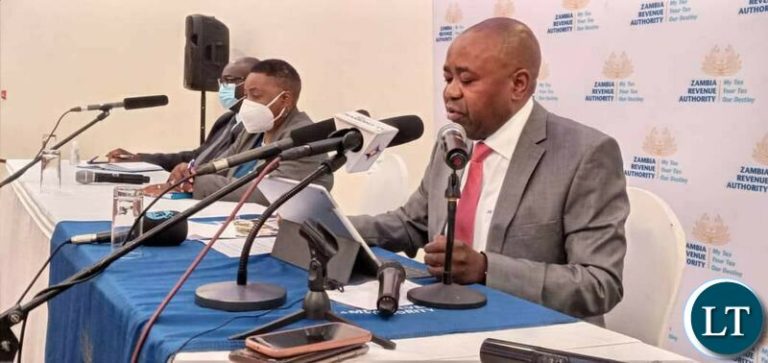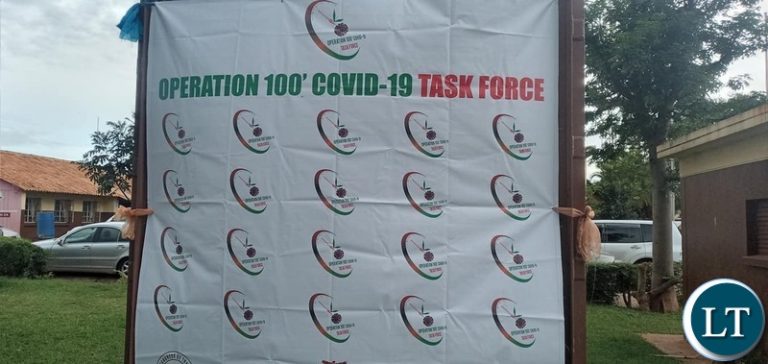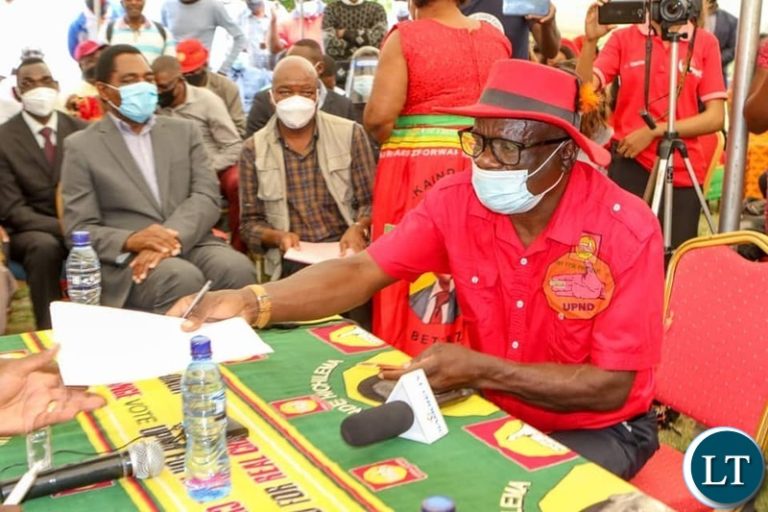Labour Commissioner Givens Muntengwa has urged employers of Truck and Bus drivers to implement the provisions of the new minimum wages and conditions of employment as contained in Statutory No.106 of 2020.
Mr. Muntengwa said the Ministry of labour has continued to receive complaints from drivers that employers in the Transport Sector have refused, failed or neglected to implement the provisions of the new Minimum Wages and Conditions of Employment.
Speaking in a press statement issued to the media in Lusaka yesterday, the labour Commissioner has reminded employers that prior to the issuance of the Minimum Wages and Conditions of Employment (Truck and Bus Drivers) Order, 2020, the Labour Advisory Committee held consultations with employers and trade unions including key stakeholders in the transport sector as required by the Employment Code Act, No. 3 of 2019.
He explained that the Minimum Wages and Conditions of Employment (Truck and Bus Drivers) Order, 2020 was issued on December 18, 2020 and there was no grace period which was given for the implementation of the Statutory Instrument as it came into effect on the same date.
Mr. Muntengwa stated that employers were expected to implement the minimum wages without seeking self-help remedies which were not permitted by law.
He has since warned employers that failure to comply with the provisions of the law as such will attract appropriate sanctions, including payment of arrears to employees from the date the Statutory Instrument came into force.
Mr. Muntengwa explained that the same employers were not receptive to embracing union activities which resulted in making drivers vulnerable, thereby compelling government to engage social partners and come up with minimum wages and other conditions of service.
The Labour Commissioner has reminded drivers that the Minimum Wages and Conditions of Employment (Truck and Bus Drivers) Order, 2020 does not apply to unionized drivers as unionized employees do not fall within the vulnerable class of employees envisaged under the law.
He added that employees who are represented by unions are not protected workers and therefore do not fall within the protected workers contemplated or envisaged under the Statutory Instrument.
“Additionally, the wages and other benefits which were already enjoyed by the drivers before the issuance of the Statutory Instrument must not be reduced as such a reduction is an adverse variation which amounts to the declaration of an employee redundant”, he said.
The labor commissioner has further reminded all employers to steer away from any collision with the law as any contravention of the law may potentially injure their businesses.
He has since encouraged employers to utilize the available avenues to air their concerns other than unlawfully and intentionally engaging in conducts which defeat the good intentions of the government.


